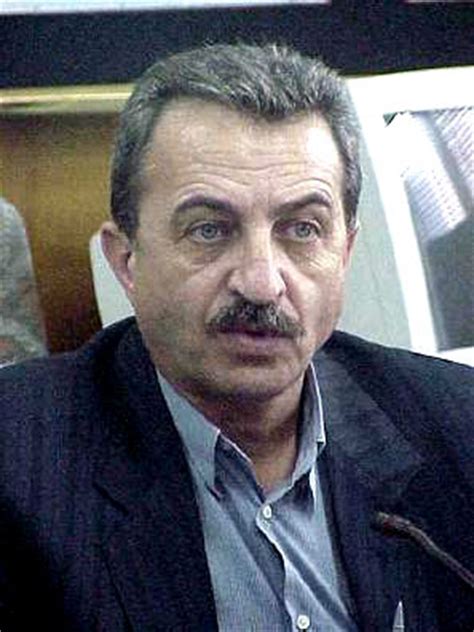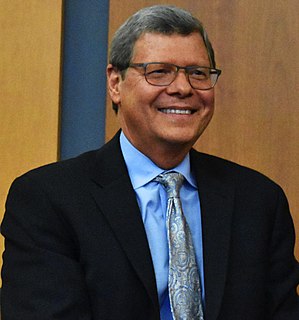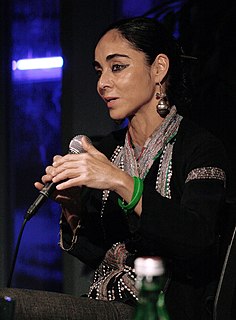A Quote by Penn Badgley
In Iran, education is not a given at all. For decades, in fact, the Iranian government has been systematically depriving members of the Baha'i faith their right to higher education, attempting to bar their advancement and marginalize them in Iranian society.
Related Quotes
I have traveled many times outside Iran, and have discussed the issue [of the Iranian nuclear project]. I have been asked for my opinion and that of the Iranian Jewish community, and I have always emphasized that the Iranian people has the right to obtain nuclear technology and energy for peaceful purposes. The Iranian people must not give up this right under any circumstances - and indeed, it will not.
Hence, when some members of the Iranian diaspora, especially women at the moment, use different tropes including the trope of the veil and the issue of gender to construct an image of oppression or to describe the 'silenced' Iranian woman, western intellectuals, policymakers, and publishing houses are all quick to introduce them as presenters of the authentic Iranian experience.
We often forget that Iran has a long tradition and history with the United States. Iranians have been coming to the United States as students for decades. American businessmen were in Iran developing the oil fields. ...There was an American financial advisor to the Iranian government in the early part of the century.
It's probably more frustrating to me as an Iranian living in America than it is when I'm over there. Inside Iran, people are actually quite well educated about America. There are things they don't understand, particularly in the government, but the people, by and large, know the American sensibility quite well, and the reverse is not true. There's a lack of knowledge about Iran and the Iranian people.
The Iranian government still denies the Holocaust - so you can't take them seriously. And the Israeli government spreads rumours and disinformation about Iran - because it needs to for the creation of panic. I find these theological states - and in this respect, Israel and Iran are twin brothers - very, very dangerous.
The intelligence services would probably be in a better position to make an assessment of the advancement of the Iranian nuclear program than Podhoretz or Ledeen. They don't have access to any specific information. So for them to dismiss it has no great value because they have no authority whatsoever on this issue. For them to push forward with their efforts to get a war started between the U.S. and Iran, you certainly cannot say that Iran does not have a nuclear program. If you say that, then the justification for war has basically been eliminated.
From the 1920s into the 1940s, Britain's standard of living was supported by oil from Iran. British cars, trucks, and buses ran on cheap Iranian oil. Factories throughout Britain were fueled by oil from Iran. The Royal Navy, which projected British power all over the world, powered its ships with Iranian oil.




































